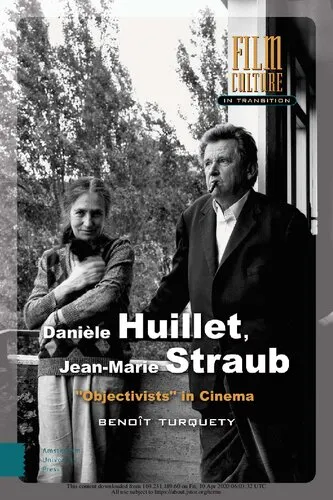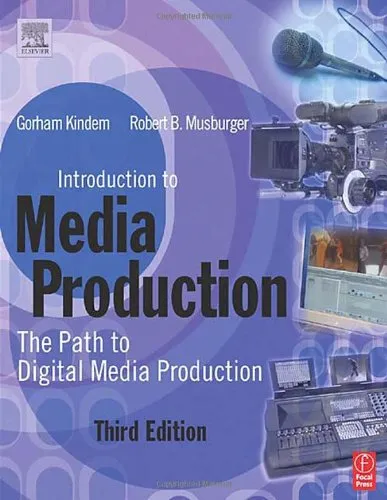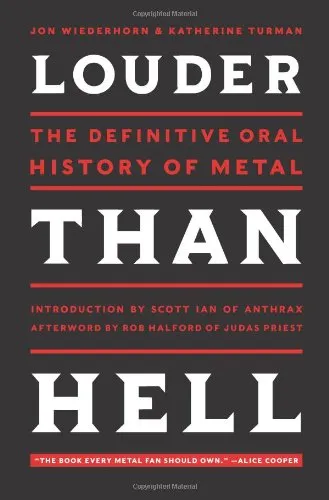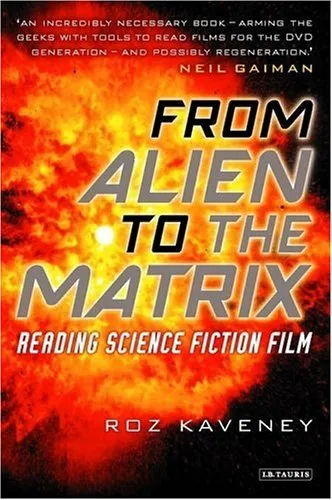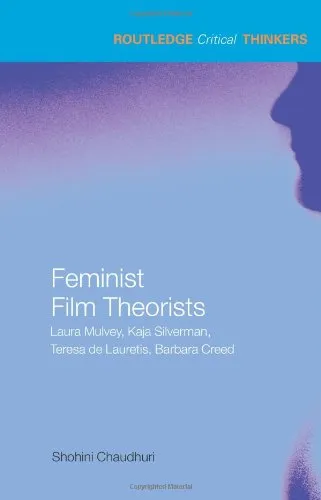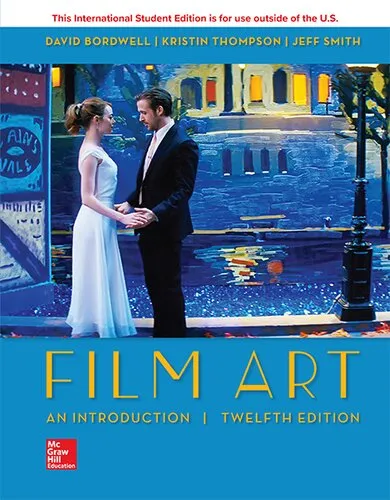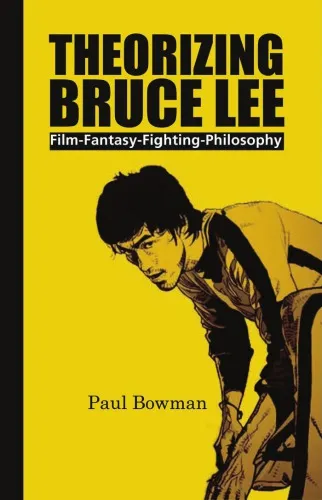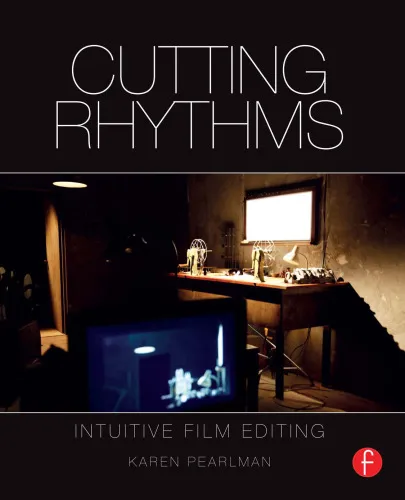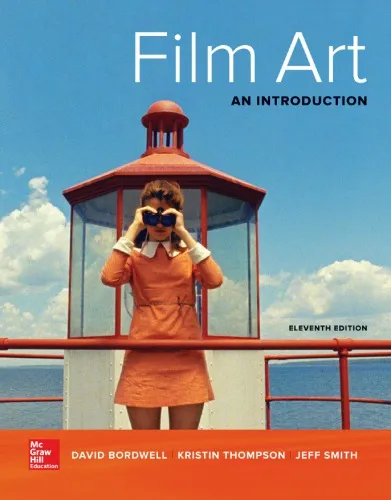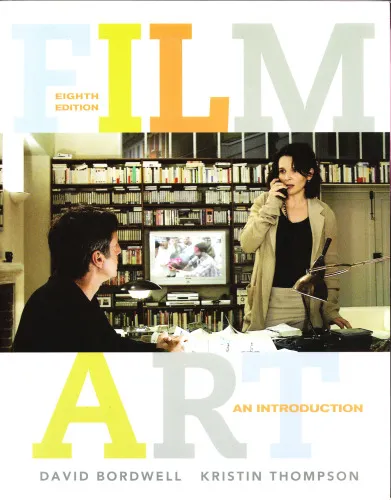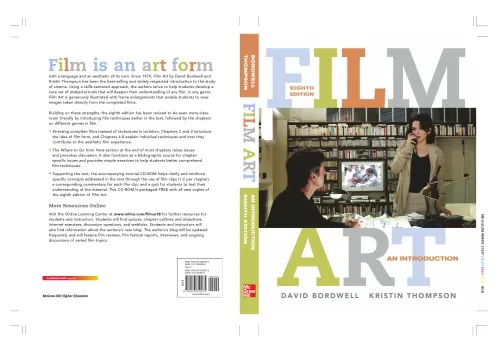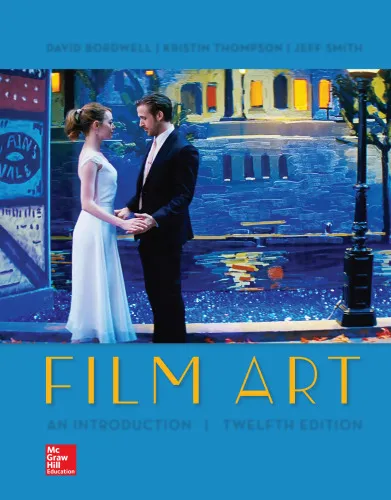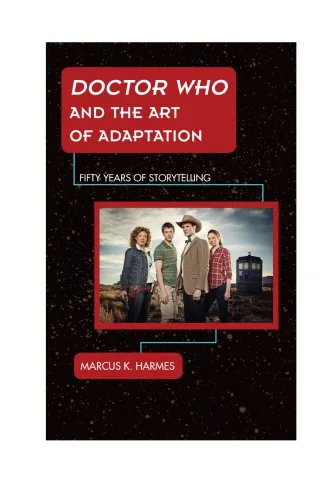Danièle Huillet, Jean-Marie Straub. "Objectivists" in Cinema
5.0
بر اساس نظر کاربران

شما میتونید سوالاتتون در باره کتاب رو از هوش مصنوعیش بعد از ورود بپرسید
هر دانلود یا پرسش از هوش مصنوعی 2 امتیاز لازم دارد، برای بدست آوردن امتیاز رایگان، به صفحه ی راهنمای امتیازات سر بزنید و یک سری کار ارزشمند انجام بدینکتاب های مرتبط:
معرفی کتاب "Danièle Huillet, Jean-Marie Straub: Objectivists in Cinema"
کتاب «Danièle Huillet, Jean-Marie Straub: Objectivists in Cinema» نوشته بنوا تورکیتی یکی از جامعترین بررسیها درباره آثار سینمایی این دو فیلسوف و سینماگر برجسته است، که تأثیر فراوانی بر هنر و فلسفه سینما برجای گذاشتهاند. این کتاب بینشی عمیق درباره روشها، اهداف و اندیشههای آنان ارائه میدهد، و تلاش میکند خواننده را به دنیای خاص سینمای این دو کارگردان وارد کند. با ترکیبی از تحلیلهای دقیق و اشارات تاریخی، اثر حاضر پتانسیل الهامبخشی و بازتعریف نقش سینما را نشان میدهد. تورکیتی با نگاهی تازه به آثار "Objectivist"، روی اهمیت آشکار حقیقت و واقعگرایی در سینما تأکید دارد.
خلاصهای از کتاب
این کتاب در چندین فصل به بررسی زندگی، آثار هنری و طرز تفکر دانیل هویل و ژان-ماری اشتراب میپردازد. فیلمهای آنها اصولاً حول محور فلسفه، ادبیات و موسیقی میچرخند و سعی دارند تجربه واقعگرایی را به شکلی متفاوت در سینما خلق نمایند. مفهوم "Objectivism" که به وضوح در آثار آنها یافت میشود، جلوی هرگونه دستکاری در حقیقت و تخیل صرف ایستاده و فیلمها را به حقیقت اجتماعی و زیباییشناختی نزدیک میکند.
از دیگر بخشهای قابل توجه، تحلیل فرآیند کارگردانی این دو است که مخاطب را وارد جزئیات کار صحنه، دیالوگ، و ارتباط نخبگان فرهنگی با تجربه انسانی میکند. تورکیتی نشان میدهد که چگونه این زوج هنرمند، با استفاده از متنهای ادبی و موسیقایی، مخاطب را به تأملاتی فلسفی و شاعرانه فرا میخوانند. همچنین، به رابطه میان سیاست، فرم و ایدئولوژی پرداخته شده تا تأثیر عمیق افکار آنها بر مخاطب جهانی توضیح داده شود.
نکات کلیدی کتاب
- بررسی جزییات فن کارگردانی دانیله هویل و ژان-ماری اشتراب.
- تشریح مفهوم "Objectivism" و اهمیت آن در سینما.
- انطباق فرمهای ساده و صریح سینما با تأملات عمیق فلسفی و انسانی.
- تأکید بر استفاده از ادبیات و موسیقی بهعنوان عناصر مکمل روایات بصری.
- ارتباط بین سینمای آنها و مسائل اجتماعی-سیاسی قرن بیستم.
جملات معروف از کتاب
"حقیقت در دستان سادهترین فرمها نهفته است، و این همان چیزی است که سینمای ما به دنبال آن است."
"هر فیلم یک دعوت به تأمل است؛ نه سرگرمی، بلکه کشف حقیقت بازیافته."
"واقعگرایی سینما نه در کپی کردن واقعیت بلکه در درک و بازآفرینی آن است."
چرا این کتاب مهم است؟
این کتاب برای هرکسی که به دنبال فهم سینمای هنری و معنای واقعگرایی در هنر است ضروری است. تورکیتی نه تنها خوانندگان را به آثار دو تن از چهرههای برجسته سینمای هنری میشناساند، بلکه با نگاهی دقیق و همهجانبه، روش فکری و فلسفی آنها را نیز بررسی میکند. تأثیراتی که دانیله هویل و ژان-ماری اشتراب بر فیلمسازی مدرن گذاشتهاند، از طریق تحلیلهای تخصصی این کتاب قابل درک است. علاوه بر این، اثر حاضر برای هنرمندان، دانشجویان سینما و علاقهمندان به معناهای فرهنگی در هنر، یک منبع بیبدیل است.
این کتاب نمونهای استثنایی از نحوه پیوند سینما با فلسفه و اخلاق هنری، و کاربرد فرمهای ساده برای خلق بازتابی دقیق از جامعه و انسانیت. به این دلایل، "Objectivists in Cinema" یک اثر ارزشمند و ماندگار باقی خواهد ماند.
Introduction to "Danièle Huillet, Jean-Marie Straub. 'Objectivists' in Cinema"
Cinema, as an art form, has undergone numerous reinventions, questioning its language, politics, and purpose. Danièle Huillet and Jean-Marie Straub stand as two of the most incisive filmmakers in this ongoing evolution. This book, "Danièle Huillet, Jean-Marie Straub. 'Objectivists' in Cinema," delves into their complex cinematic universe—investigating how their films challenge conventional storytelling, their philosophical grounding, and their alignment with the literary and artistic Objectivist tradition. It is a comprehensive exploration of their relentless quest for truth through aesthetics, politics, and ethics in filmmaking.
The title links their work to Objectivism, but not in the philosophical sense tied to Ayn Rand. Instead, it reflects the values laid out by literary objectivists like Charles Olson or Louis Zukofsky—seeking clarity, precision, and openness to the world's textures. Through detailed analysis and contextual reflections, this book invites readers to see filmmaking beyond mere narration or entertainment, as a way of living and thinking critically about human existence.
Detailed Summary of the Book
The book is divided into thematic chapters, each addressing different aspects of the cinematic language and practices of Huillet and Straub. It first outlines their artistic origins in post-war Europe, tracing their involvement with modernist and classical forms of literature, opera, and painting. They rejected the dominant narrative-driven approach in favor of a pared-down style, often using non-professional actors, long takes, and real locations.
As the narrative progresses, the book unravels the duo's unique political stance. Huillet and Straub viewed filmmaking as an ethical act, crafting works that resist both commercialism and empty rhetoric. Their films—such as Chronicle of Anna Magdalena Bach, Class Relations, and Not Reconciled—use art as a medium to interrogate history, memory, and human struggles. Their commitment to meticulous reproduction—whether through fidelity to texts or careful framing of natural environments—forms the core of their aesthetics.
Lastly, the book bridges the principles of Objectivism with their films, explaining how they function as "objective" meditations on the modern human experience. The clarity of their compositions, the audible weight of dialogues, and their refusal to 'interpret' remain essential to this connection. Central to their philosophy is the idea that a work of art must stand on its own terms—speaking quietly, without excessive explanation, and communicating a truth that transcends individual subjectivity.
Key Takeaways
- Huillet and Straub represent a radical alternative to mainstream cinema, especially Hollywood's narrative and visual techniques.
- Their filmmaking embraces a minimalist, text-driven, and politically committed aesthetic.
- Influenced by Objectivist poetics, they advocate for a focus on the material realities in film rather than imposing subjective interpretations.
- Their works reflect an ethical commitment to precision, respect for their sources, and an unflinching depiction of history and human labor.
- The book offers a detailed appreciation of how their techniques redefine how films can challenge viewers intellectually and emotionally.
Famous Quotes from the Book
"For Huillet and Straub, cinema was not a window to escape reality but a tool to confront it—raw, unadorned, and honest."
"Their art demands the viewers’ full attention, as it refuses to pacify, to entertain, or to offer simplistic resolutions."
Why This Book Matters
The conversation about cinema often centers on accessibility, popular genres, and star-driven narratives, leaving little room for the likes of Huillet and Straub. This book is vital because it opens up that marginalized territory of film history, articulating its relevance in contemporary debates on art, politics, and ethics.
By studying Huillet and Straub's films, readers are invited to reconsider the very definition of cinema, its responsibilities, and its possibilities. In times where commodification dominates every aspect of life, their radical simplicity and refusal of compromise serve as a reminder of art’s liberating potential. Whether one is an academic, filmmaker, or cinephile, this book offers a deeply critical and inspiring look into an alternative way of making and watching films.
Ultimately, the book does not just analyze films—it becomes a manifesto for a cinema of rigor, integrity, and resistance, proposing that art can be both beautiful and politically transformative.
دانلود رایگان مستقیم
شما میتونید سوالاتتون در باره کتاب رو از هوش مصنوعیش بعد از ورود بپرسید
دسترسی به کتابها از طریق پلتفرمهای قانونی و کتابخانههای عمومی نه تنها از حقوق نویسندگان و ناشران حمایت میکند، بلکه به پایداری فرهنگ کتابخوانی نیز کمک میرساند. پیش از دانلود، لحظهای به بررسی این گزینهها فکر کنید.
این کتاب رو در پلتفرم های دیگه ببینید
WorldCat به شما کمک میکنه تا کتاب ها رو در کتابخانه های سراسر دنیا پیدا کنید
امتیازها، نظرات تخصصی و صحبت ها درباره کتاب را در Goodreads ببینید
کتابهای کمیاب یا دست دوم را در AbeBooks پیدا کنید و بخرید
1190
بازدید5.0
امتیاز50
نظر98%
رضایتنظرات:
5.0
بر اساس 0 نظر کاربران
"کیفیت چاپ عالی بود، خیلی راضیام"
Questions & Answers
Ask questions about this book or help others by answering
No questions yet. Be the first to ask!
